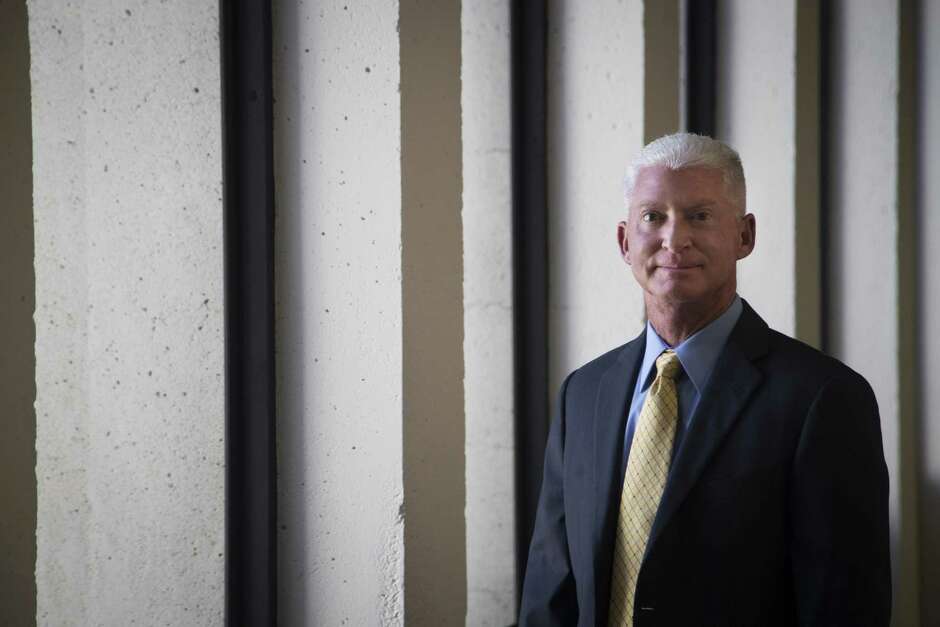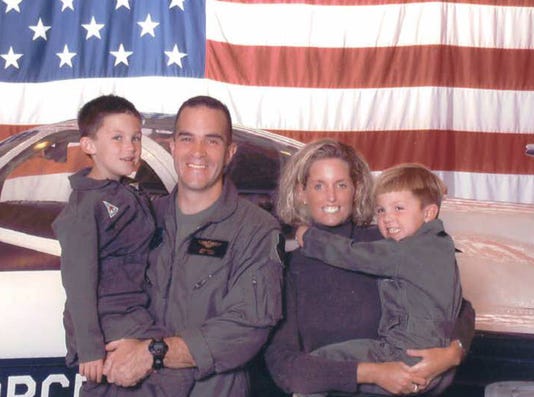Hello all,
Here's the latest edition of the newsletter. First, happy holidays to everyone. Regardless of what you celebrate (or don't), I'm sending my best to everyone.
The holidays can also though be a tough time for some - especially law enforcement personnel and others working in crisis incidents. Make sure you look after yourself. You matter.
Take a moment to check out some resources [HERE]. For example, did you know that the great organization, Crisis Text Line, has set up a special keyword specific for law enforcement officers in a personal crisis? By texting BLUE to 741741 (U.S. only), you'll be connected to a crisis counselor that will only know you are a law enforcement officer somewhere in the U.S. needing a bit of help. It's 24/7, free, and confidential.

Moving along, there's plenty of information (as usual!) in this month's newsletter. I'll update the calendar next month for 2019 trainings. I'm also working on some interesting research that can also serve as a way for your teams to stay sharp with their skills. I'll share more next month but as a preview, one study includes a terrorism element while another is regarding texting.



